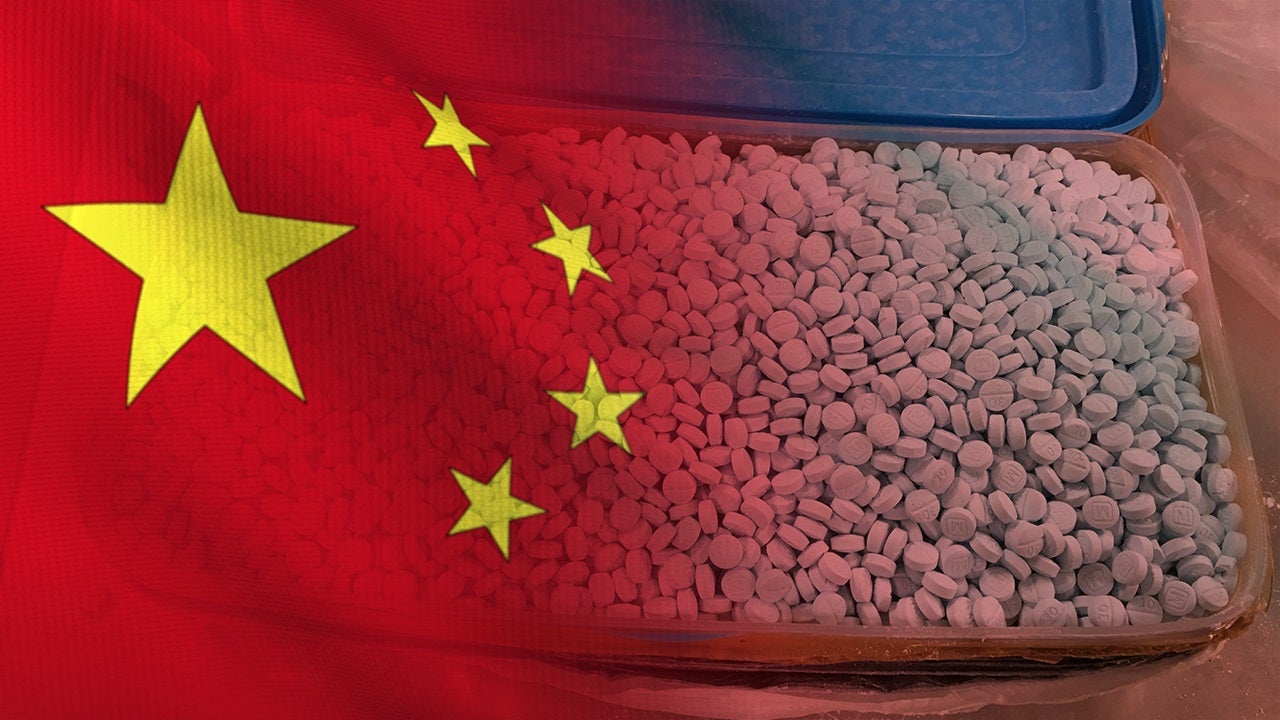Chinese official reportedly asking what Trump wants Beijing to do about fentanyl chemicals

A high-ranking Chinese government official is seeking clarity from the Trump administration on its expectations regarding the production of chemicals used to manufacture fentanyl, as tensions between the two global superpowers escalate due to an ongoing trade war.
Wang Xiaohong, China’s Minister of Public Security, has reportedly been reaching out to American officials to understand what specific actions the U.S. government wants China to take in addressing the fentanyl crisis. Chinese companies are known to produce precursor chemicals that are used to manufacture fentanyl, a potent synthetic opioid that has been linked to a significant number of overdose deaths in the United States.
The flow of these chemicals from China to Mexican drug cartels, who then process them into fentanyl and smuggle the drug into the U.S., has been a major point of contention between the two countries. In an effort to address this issue, Wang may potentially meet with senior officials from the Trump administration in a neutral location to discuss possible solutions.
President Trump has been vocal about urging China, as well as Mexico and Canada, to take more decisive actions to curb the influx of fentanyl into the United States. The Trump administration has imposed tariffs on Chinese imports as part of its efforts to pressure Beijing into addressing the fentanyl crisis.
According to Yun Sun, director of the China program at the Stimson Center, a think tank based in Washington, addressing the fentanyl issue could serve as a starting point for more positive negotiations between the U.S. and China. Both countries are reportedly eager to engage in discussions and find common ground on this pressing issue.
The Trump administration initially imposed a 20% tariff on Chinese imports in response to the fentanyl epidemic, which claims the lives of tens of thousands of Americans annually. Subsequently, the U.S. has increased tariffs on Chinese goods to 145%, prompting retaliatory measures from Beijing in the form of 125% tariffs on American products.
As the trade war continues to escalate, the fentanyl crisis remains a key point of contention between the U.S. and China. Addressing this issue could potentially pave the way for more constructive dialogue and cooperation between the two nations.




